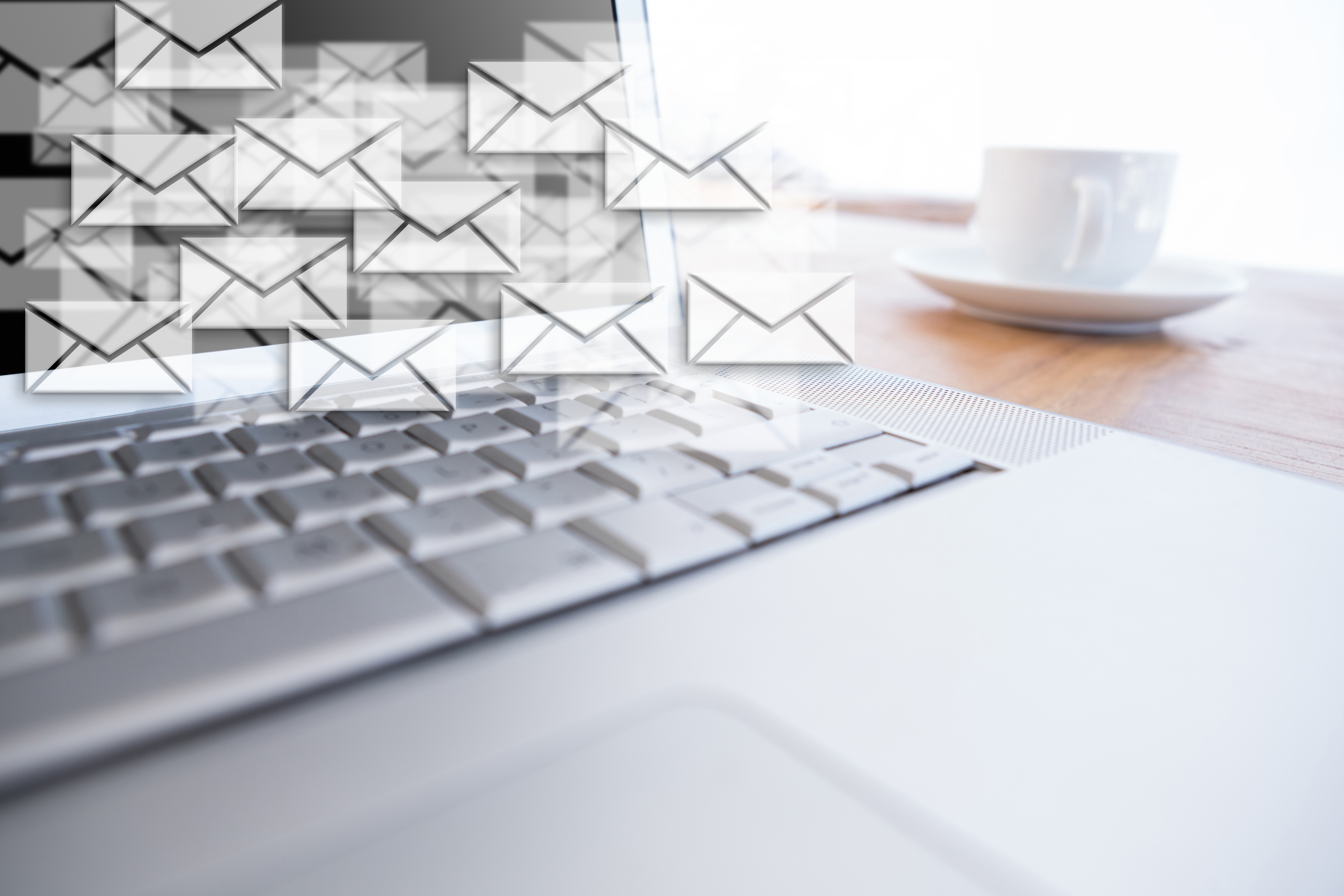
How Email Drip Campaigns Can Nurture Solar Leads to Conversion
- 30 Aug, 2025
- |
- Chloe Johnson

Solar companies today face a unique challenge which is converting leads. Getting leads can be a first step but converting leads us the most important step of business. That’s where a well-designed email drip system can make all the difference. By sending the right messages at the right time, you can build trust, educate potential customers and guide them smoothly through their buying journey. In this article, we’ll explore how to use an email drip system to turn solar leads into loyal customers.
An email drip campaign is a series of automated emails which is sent to prospects over time. These emails are designed to educate, inform and gently push leads toward making a purchase decision. Instead of blasting one message to everyone, drip campaigns allow you to send personalized content based on where someone is in their decision-making process.
Drip campaigns work even better when paired with tools like an email drip plugin or integrated tools & platforms that help schedule and send the right message at the right time automatically.
Buying solar isn’t an impulse decision. It takes research, comparison and understanding. That’s why nurturing leads is very important. A drip campaign helps your brand stay top of mind while gently educating leads about the benefits of solar, your services and why they should choose your company.
Using marketing automation for services like solar installations make sure that your leads don’t fall through the cracks. It also saves your team time by doing the follow-up work automatically. A consistent, multi-channel approach makes sure you're reaching leads wherever they are.
Here’s are some tips on what you can include in your drip sequence to keep your leads engaged:
Start by introducing your company and thanking the lead for their interest. This sets a friendly and welcoming tone.
Explain how solar works, what benefits it offers and how it compares to traditional power. You can even include insights from your website blogs to help them read the information in detail on your website.
Address common questions or concerns in short and clear messages. This helps build trust.
Show real examples of how others have benefited from switching to solar. This adds credibility and reassurance.
Share limited-time deals or deadlines to encourage taking action. With tools like tracking & ads automation, you can sync this messaging across platforms for extra impact.
A gentle nudge can go a long way. Reminders to book a consultation or complete a quote form can make a big difference.
When you are creating your email sequence, make sure to include the below points:
Group your leads based on where they came from (web form, event, referral) or how engaged they are.
Your readers may not know much about solar so avoid technical terms unless you explain them.
Include photos, infographics or videos when possible.
Emails should reflect your brand’s voice and style.
Use analytics to see what works best and improve over time.
And Want to get even smarter with your outreach ? Try tools with AI automated email response features to personalize replies, or work with an experienced ESP agency to build a strong funnel.
Some solar companies also experiment with drip social techniques like re-targeting leads through social platforms using synced messaging.
An automated email strategy is no longer optional for solar companies that want to grow, it's essential. With a well-designed sequence you can guide leads step-by-step and convert more of them into happy customers.
Combined with the right tools, templates and messaging strategies, this approach helps you make sure that your solar business stays top of mind and ahead of the competition.